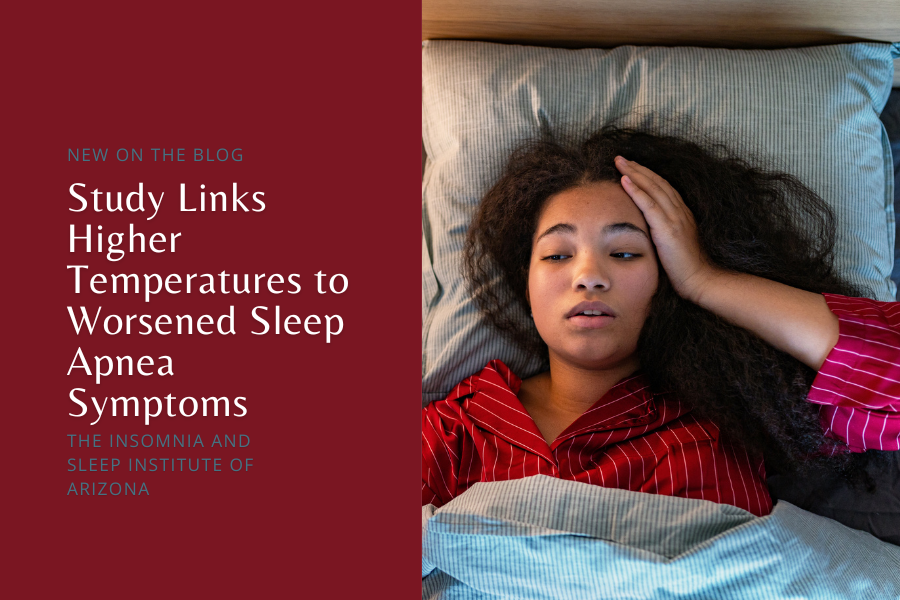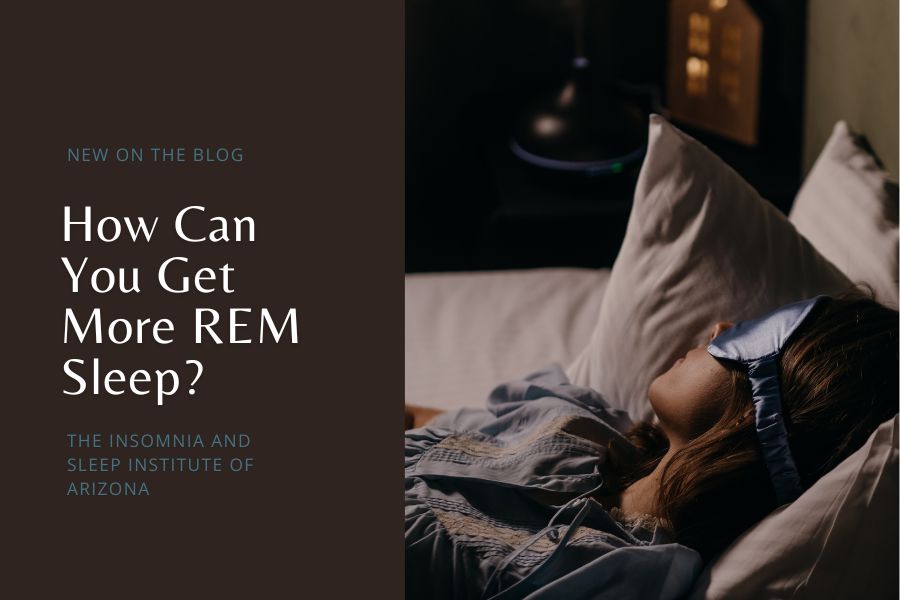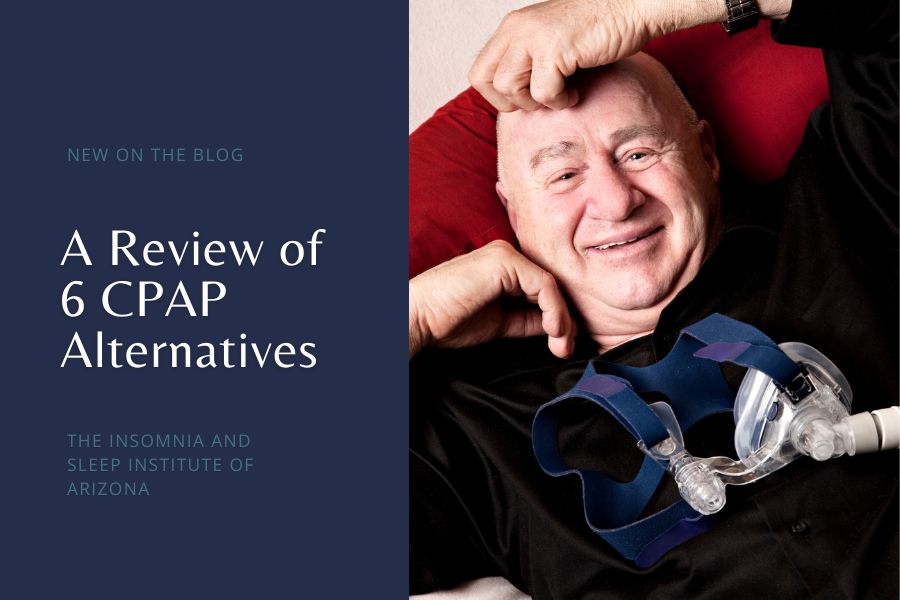According to a recent study, optimal sleep can decrease new cases of stroke and coronary artery disease by 72 percent. The Insomnia and Sleep Institute of Arizona is committed to helping you achieve the best sleep possible because sleep is essential for a healthy, long life. Coronary artery disease and stroke are the leading causes of death for many demographics, but according to a study presented at the European Society of Cardiology’s Congress in 2022, “simply” getting good sleep can eliminate nearly three-quarters of these incidents. However, unlike other studies that just consider a single sleep attribute, these findings say that five are essential.
The results stem from findings in a 10-year period in which participants had their “heart outcomes” monitored. The risk of both coronary heart disease and stroke decreased by 22 percent for every single point rise in the baseline sleep score. For example, those with a score of 5 (the best) had a 75 percent lower risk of heart disease/stroke compared to those with a score of 0 – 1. Additionally, the research team shared estimates for how much cardiovascular disease might be prevented with what they call optimal sleep (a score of 5).
Sleep for the Heart
The study, Paris Prospective Study III (PPS3), involved 7,200 patients in an observational community group setting. Both men and women 50 – 75 years old who did not have cardiovascular disease took part between 2008 – 2011. The average age was 59.7 years and 62 percent were men. Each completed a physical and a self-reported questionnaire on their medical history, conditions, and lifestyle. The questionnaires probed into their sleep habits at the baseline appointment and at two follow-up appointments.
Every habit could be rated at either 1 for optimal or 0 for non-optimal. Then, a “healthy sleep score” could be determined with figures ranging from 0 – 5. Those who scored a 5 slept 7 – 8 hours per night, reported never or rarely having insomnia, did not have sleep apnea, did not suffer from “excessive daytime sleepiness,” and considered themselves a morning person or “early chronotype.” The researchers then cross-checked for stroke and coronary heart disease in participants every two years for a decade.
Heart Health Through Sleep
At their baseline appointment, 10 percent of participants received an optimal sleep score while 8 percent had a low score. According to one of the authors, “The low prevalence of good sleepers was expected given our busy, 24/7 lives.” However, considering the association with heart disease and stroke, hustling around the clock is clearly not worth it. A median follow-up at eight years found that 247 of the participants had developed coronary heart disease or had suffered a stroke. The researchers then analyzed the link between their sleep scores and cardiovascular events, after taking into account smoking, alcohol use, age, sex, BMI, cholesterol levels, family history, diabetes, and occupation. This is when they found that the risk for heart disease/stroke decreased by 22 percent for each point. Specifically, those with a score of 5 had a 75 percent lower risk of these events compared to those in their cohort with a 0 – 1 score.
So, what can be done about this? The researchers say that “healthier sleep” is all it takes. In the two follow-up appointments after baseline, nearly half of the participants shifted their sleep score. There was a decrease in score in 25 percent of participants and an improvement in 23 percent. The authors stress, “The importance of sleep quality and quantity for heart health should be taught early in life when healthy behaviors become established.” He suggests that something as simple as decreasing noise at night or work stress can help with sleep improvement, and these are two of the most common factors in sleep hygiene.
A Healthy Change
When researchers analyzed the link between score change and cardiovascular events, they discovered that a 1-point increment was linked to a 7 percent reduction in heart disease/stroke risk. The authors say, “Our study illustrates the potential for sleeping well to preserve heart health and suggests that improving sleep is linked with lower risks of coronary heart disease and stroke.” Further, they found that “the vast majority of people have sleep difficulties” and “greater awareness is needed on the importance of good sleep.”
If you struggle with getting quality sleep, help is available. Schedule a consultation at The Insomnia and Sleep Institute today by calling the office or completing the online contact form now.








